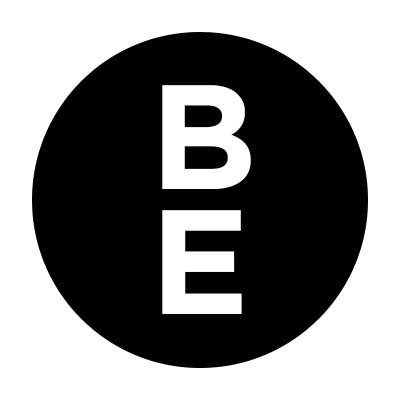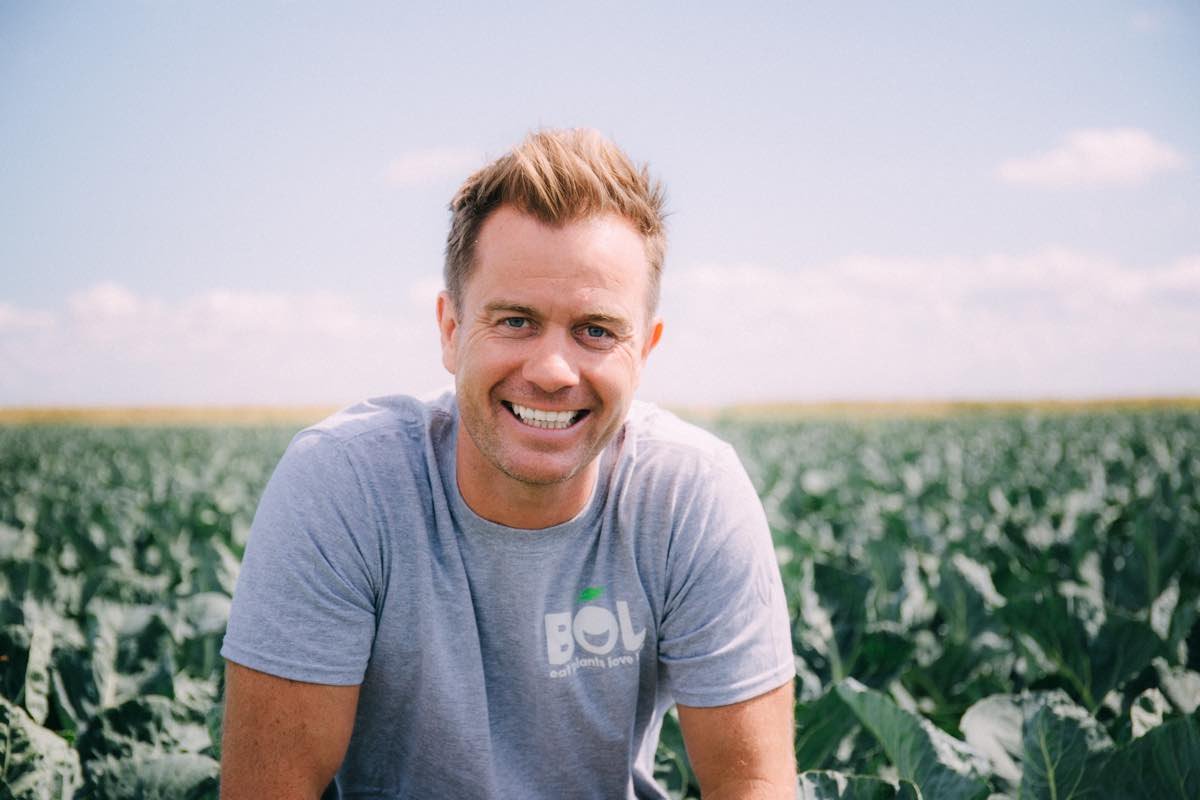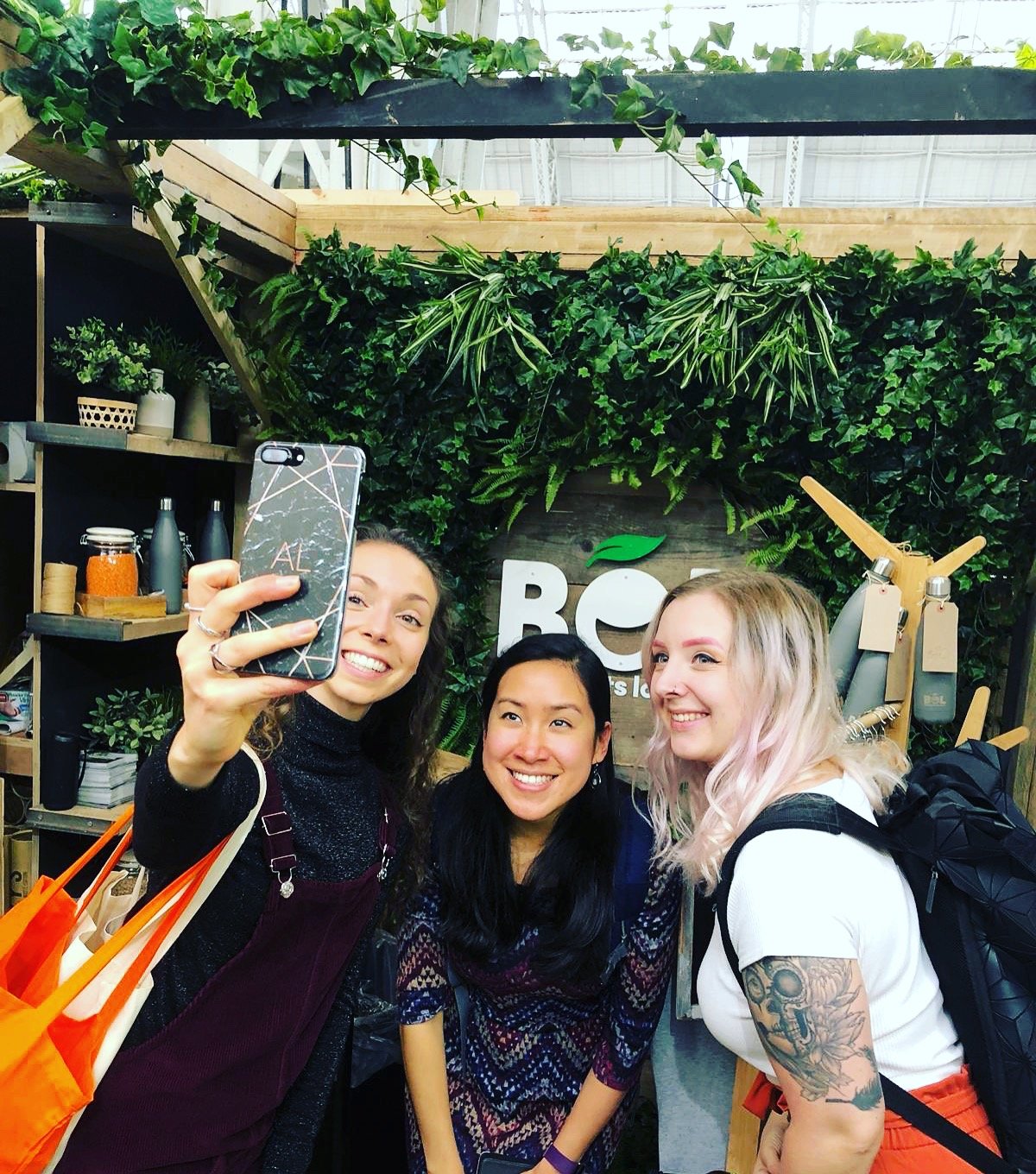The power of insights for a plant based living brand
Recently I met with Paul Brown, founder of BOL Foods, to talk to him about how customer and sector insight help BOL to deliver better product and service experiences.
BOL are an amazingly dynamic food brand, that hold their values against everything they do. When a brand has such strong values, it’s great to hear how insight is used to ensure they do what they say.
Tell us about yourself and your role within BOL
I’m the Founder & Managing Director of BOL Foods and have been since we started on 29th April 2015. Prior to that I’d worked at Innocent for 14 years. I manage the company and its product range on a day to day basis.
Tell us about BOL and its products and services.
We make tasty, healthy, beautiful plant-based foods for busy people on the go. We started-up back in 2015, when we also had products that included meat in our range. However, in 2017 we decided that we were going to be a vegan company moving forward due to the overwhelming evidence of its benefits for health and the environment; overnight we halved our product range removing all meat from the range. This Summer (2018) we finished the transition, removing the last diary ingredients from our range. We now champion the vegan sector and its merits for all.
How do you find out what your customers think about your products and services?
We’re very engaged with our customers, mostly though social media channels. It’s a full-time role managing all of the feedback from our customers via social channels.
As well as social, we also do sampling sections in-store and attend as many events as possible, where we talk with customers face to face.
Getting to hear what our customers think is of upmost importance to us.
How are customer insights used by your product or service delivery teams?
All the time. We’ve adapted numerous products over the years off the back of customer feedback. We often approach our customer base via social channels or via our #PlantLife blog to ask for help about recipe decisions for our product range, to see what they say.
Do you have an example of successful product or service development that was driven by customer insights more than usual?
We have a number of examples of this.
When we moved to a vegan only range, the last of our products were altered in the Summer, dropping diary entirely from the ingredients. One of the ingredients that went during this process was feta cheese. In the lead up to feta’s removal from our products we asked our customers what they’d like to see go in its place – customers suggestions included ancient grains and lentils, amongst many other suggestions. This source of feedback was an integral part of this successful migration.
Another example, our Super Soup range pot size was directly designed through customer feedback. New Covent Garden Soups had revolutionised the soup market when they launched, bringing fresh ingredients via their carton packaging. However, the feedback we got from our customers was that the 600ml carton they’d chosen, then rapidly adopted by many other producers, was a little too large for one person and not quite enough for two. We decided to buck the market and create a purpose-built container at 500mls, that was a lot more suitable for a single serve of soup. This has been widely praised by our customers.
With the growth of customer feedback channels and global communication over the last decade, how has this affected your product and/or service delivery?
As we’re not that old, these feedback channels have always been part of our product and service delivery. We’ve always been engaged in social channels with our customers and they’ve influenced our product and service delivery from day 1.
What’s your understanding of “product truth” and how important is this as a concept to you and your organisation?
Product truth is very important to us. Our products deliver our values and customers’ needs at all times. We need them all to taste good and do you good. Tasty, delicious, plant-based food. Our packaging is the same – no compromise on values through product delivery at any step, we’re always looking to innovative to further prove this. No product would be in our range, if we didn’t believe it truthfully represented what BOL stands for.
If you had a mantra for product success, what would it be?
Make it beautiful… as a species we’re attracted to beautiful things. We always wanted to make genuinely healthy products and nutritious products for our customers, but making them look beautiful at the same time makes them so much more attractive and is also why all of our packaging is transparent – we want you to see what’s inside.
AFTER THOUGHTS
It was great to meet with Paul and the team at BOL. Having such strong positive values can be rewarding and provide you with a clear direction, but it requires commitment to ensure you’re able to stand up to constant integration about your decisions and actions.
But being this committed and transparent, allows BOL to ride on a wave of positive sentiment in the sector, but also to be championed as thought-leaders, that can be delivered via their comms channels which includes their active #PlantLife blog.
If you’re interested in taking part in our Thoughts from the Frontline series and play a role in an organisation or a brand’s product or service delivery, get in touch via our contact page and we can speak further.
Or, if you want to learn about how we might help you to gain further insights into your product sector and customer base to change the product or service experience or perception you deliver to market at the moment, drop us a line. We like to talk.




